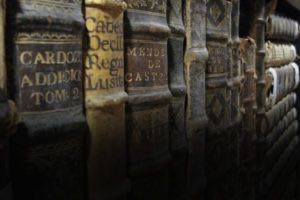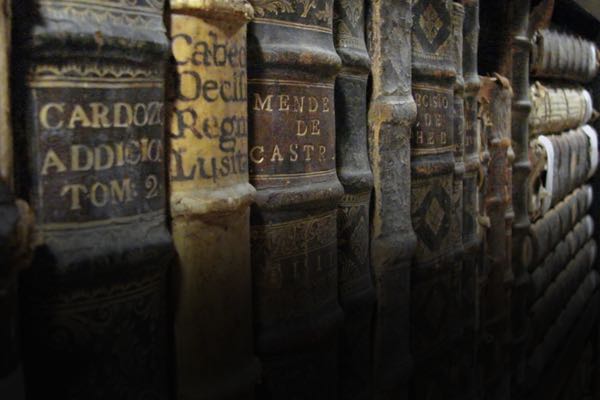
The Gospel of Truth (140-180AD)
The Gospel of Truth was discovered alongside other Gnostic texts in the Nag Hammadi Library in Egypt (in 1945). Scholars have dated it to the 2nd century and have connected it with an early Gnostic teacher named Valentinus (who lived from 100-160AD). It is a poetic “homily” rather than a “gospel”, and is now considered one of the most artful Gnostic writings of all time.
Why Isn’t It Considered Reliable?
Irenaeus identified this book as heretical almost as soon as it appeared in history. He connected it to Valentinian Gnosticism and attributed it to one of Valentinus’ disciples, saying that The Gospel of Truth was filled with blasphemy and was not the product of any apostle or eyewitness to the life of Jesus. This is consistent with the fact that the Gospel appears far too late to be a reliable eyewitness document.
How Does It Corroborate the Life of Jesus?
Like other heretical accounts that claim to be authoritative The Gospel of Truth acknowledges canonical truths even while it twists the narrative to legitimize Gnostic beliefs and theology. The text presumes and affirms the existence and authority of a number of canonical letters and Gospels, serving as a Gnostic commentary on some of these texts. The Gospel of Truth references many of Paul’s letters (such as 1 Corinthians, 2 Corinthians, Galatians, Ephesians, and Colossians), many letters from other New Testament writers (such as 1 John, Revelation and Hebrews) and some of the canonical Gospels (such as the Gospel of John and the Gospel of Matthew). It also acknowledges the fact that Jesus was a wise teacher who far surpassed the teachers of his day. He is referred to as “the Savior” who came to redeem those who did not yet know the Father. The Gospel of Truth also affirms the parable of the lost sheep and describes Jesus as the “shepherd”. It also acknowledges the fact that Jesus was nailed to a cross.
Where (and Why) Does It Differ from the Reliable Accounts?
Tertullian tells us that Valentinus was a candidate for Bishop in Rome but separated from orthodox believers when another candidate was chosen. His particular form of Gnosticism included the common belief that knowledge (gnosis) is the source of all Salvation. For this reason, The Gospel of Truth describes Jesus as being sent from God to remove ignorance and error by enlightening his disciples with spiritual knowledge.
This ancient non-canonical text is a late, fictional document. It wasn’t written early enough to have been written by anyone who would have known Jesus or heard His teaching. When examined under the criteria we use to determine eyewitness reliability, it fails the test. The four canonical Gospels (Mark, Matthew, Luke and John) are still the earliest reliable record of Jesus, written within the lifetimes of the eyewitnesses who knew Jesus personally.

J. Warner Wallace is a Dateline featured Cold-Case Detective, Senior Fellow at the Colson Center for Christian Worldview, Adj. Professor of Christian Apologetics at Talbot School of Theology, Biola University, author of Cold-Case Christianity, God’s Crime Scene, and Forensic Faith, and creator of the Case Makers Academy for kids.
Subscribe to J. Warner’s Daily Email
J. Warner Wallace is a Dateline featured cold-case homicide detective, popular national speaker and best-selling author. He continues to consult on cold-case investigations while serving as a Senior Fellow at the Colson Center for Christian Worldview. He is also an Adj. Professor of Christian Apologetics at Talbot School of Theology, Biola University, and a faculty member at Summit Ministries. He holds a BA in Design (from CSULB), an MA in Architecture (from UCLA), and an MA in Theological Studies (from Gateway Seminary).
































